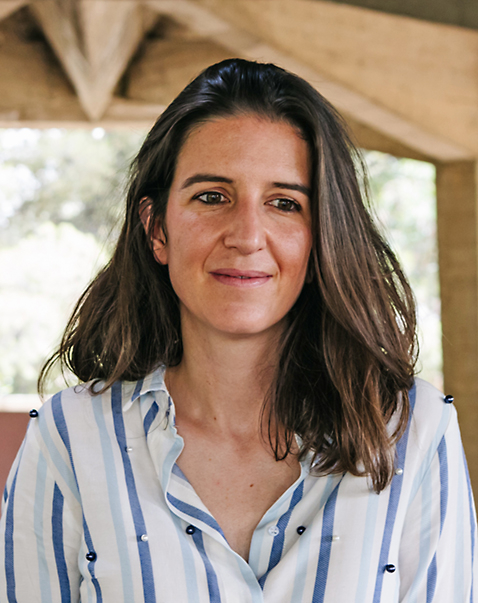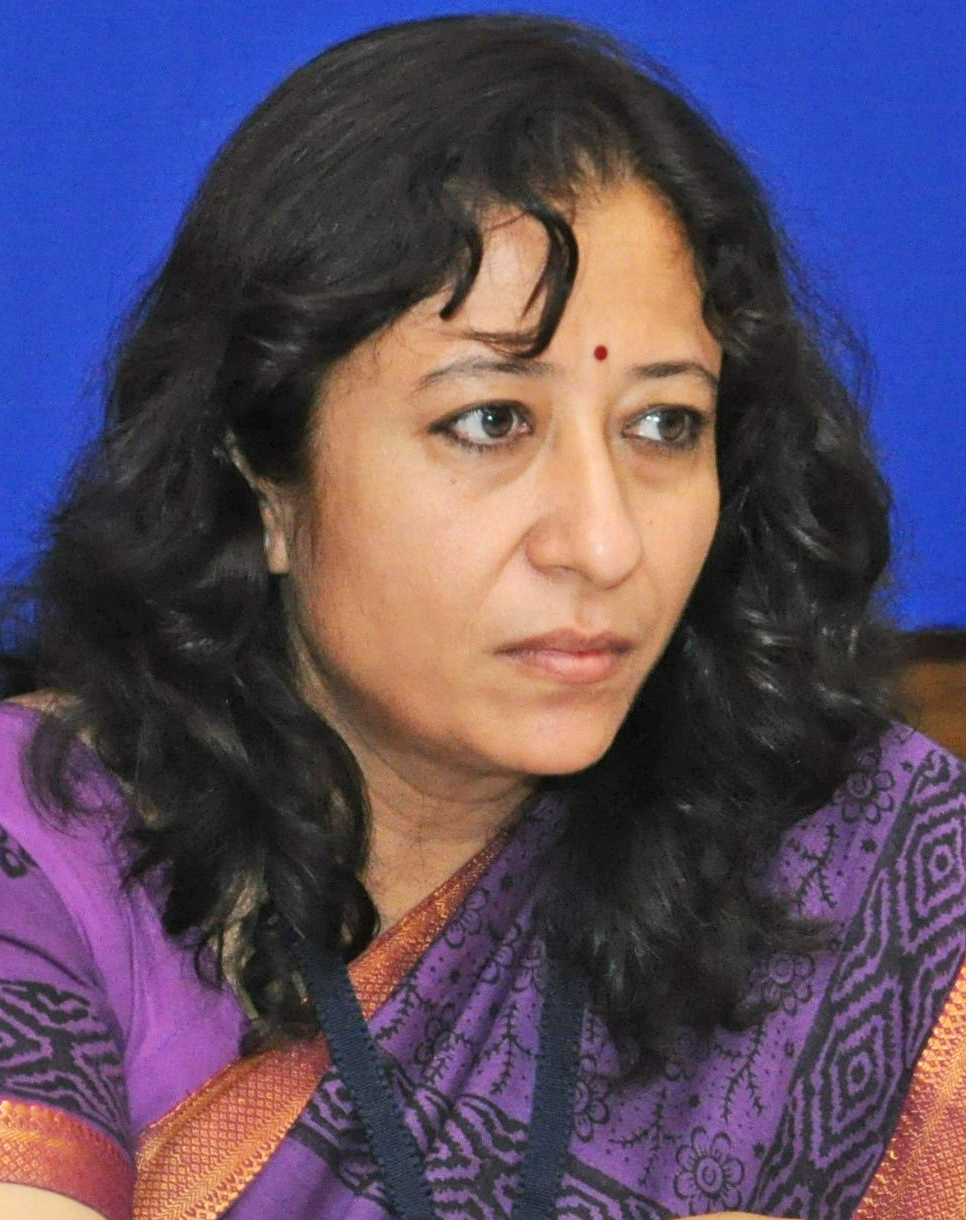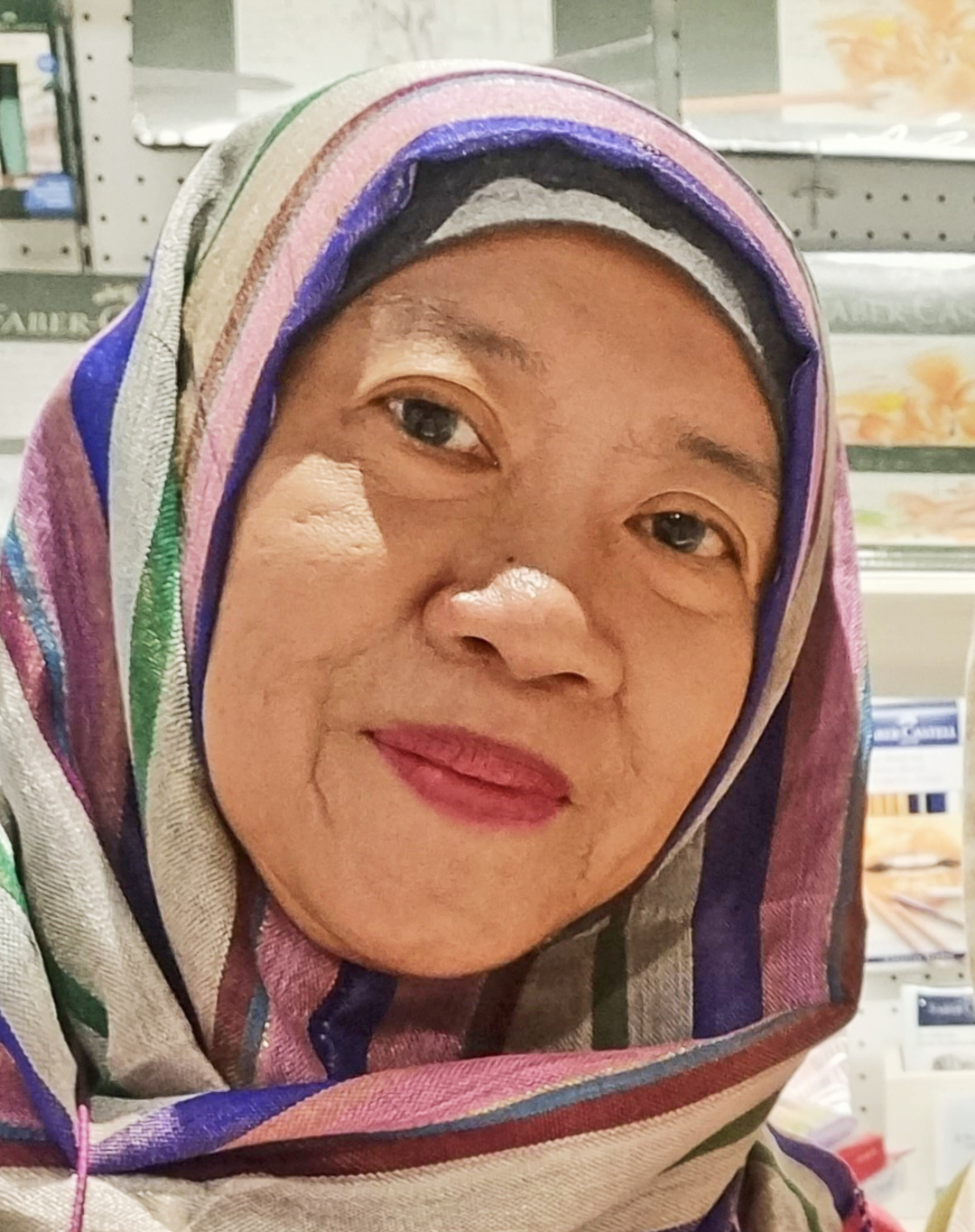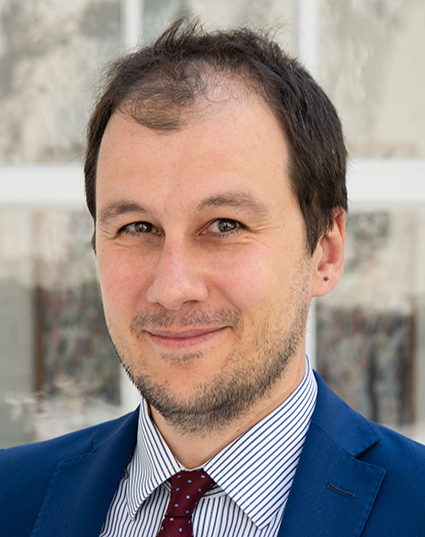
When it comes to the specific needs of women* and girls in urban development, new and participatory approaches are necessary to make their voices heard and to actively engage them in decision-making processes, enabling them to take part in the design and change processes in their neighbourhoods.
In the past, urban planning cemented the segregation of space, so that public space was predominantly reserved for men and private space for women* and girls. As a result, women* and girls are often still excluded from participation and decision-making processes in urban development at local and (inter)national level.
So how can we make sure that urban development does not forget vulnerable citizens such as women* and girls?
This session will explore best practice examples on how women*, girls and marginalized groups can be included in urban planning and construction processes. It will reflect on regulatory instruments as well as participative approaches from city developments in the Global South. Because designing cities that work for women* and girls will make cities safer, healthier, more vibrant, and more livable for everyone.
Please register here:
Keynote: Aziza Chaouni, renowned architect and associate professor at the University of Toronto
Panelists
- Bijal Brahmbhatt, Director of Mahila Housing Trust, India
- Ikbel Dridi, Senior Project Manager, Cities Alliance Tunisia
- Sri Husnaini Sofjan, Senior Program Administrator & Strategist, Huairou Commission
Moderator: Lorenzo Kihlgren Grandi, Founding Director, City Diplomacy Lab
Speaker Profiles
Aziza Chaouni
Aziza Chaouni is an Associate professor of Architecture at the University of Toronto and the Founding Principal of the design practice Aziza Chaouni Projects (ACP) with offices in Fez, Morocco and Toronto, Canada. She is also the Director of the Designing Ecological Tourism Research platform at the Daniels faculty.
Chaouni’s practice, research and teaching focus on sustainable design and adaptive reuse in the Global South. Chaouni has rehabilitated several heritage buildings, including the Qarawiyine library, the oldest library in the Middle East. She is responsible for the construction management plans for the Sidi Harazem Thermal Bath Complex and for the International Fair of Dakar (with Mourtada Gueye), both supported by the Keeping it Modern grant of the Getty Foundation. Chaouni is also collaborating with the World Monuments Fund on the Future of Ontario Place project and the rehabilitation of the oldest university in West Africa Old Fourah Bay College.
Chaouni's design work has been recognized with top awards for both the Global and Regional Africa and the Middle East competition from the Holcim Foundation for Sustainable Construction; the Architectural League of New York Young Architects Award; Environmental Design Research Association Great Places Award; the American Society of Landscape Architects Design Awards; the ACSA Collaboration Award among others. Her work has been published and exhibited internationally, including the International Architecture Biennale in Rotterdam; INDEX: Design to Improve Life in Copenhagen; and the United Nations Human Settlements Programme (UN HABITAT) World Urban Forum; the Venice Architecture Biennale; and the Louisiana Museum of Modern Art in Copenhagen.
Chaouni holds a Masters of Architecture with distinction from the Harvard Graduate School of Design and a Bachelor of Science with Honors in Civil Engineering from Columbia University.
Bijal Brahmbhatt
Ms. Bijal Brahmbhatt is the Director of Mahila Housing Trust (MHT). She is an expert in habitat improvement through women’s empowerment, community development and housing finance. Bijal supervises MHT’s national operations and has a strong track record in planning and managing slum upgrading projects across India. She was a finalist for the United Nations Disaster Risk Reduction Women’s Champions 2021. Her expertise covers poverty alleviation, women’s entrepreneurship, urban planning, and climate resilience. Bijal leads a women-led, evidence-based climate resilience program that focuses on community-driven solutions and innovative communication strategies to foster a culture of resilience.
Ikbel Dridi
Ikbel Dridi is an urban planner, expert in local governance and urban development, she has an experience of 13 years. She had the opportunity to work with the German Cooperation (GIZ) since 2011 as a technical expert in governance, decentralization and networking. Then since 2018 she held the position of "National program Coordinator" with the TADAEEM project funded by USAID and managed two major projects: the development of the National Waste Management Strategy and the Geographic Information System (GIS) of the municipality of Tunis. Since March 05, 2021, she has started a new adventure with UNOPS (Cities Alliance) as a Senior Project Manager to manage Femmedina project that aims to integrate women in public spaces.
Sri Husnaini Sofjan
Sri Husnaini Sofjan has over 30-year experience working on good governance, ICT/e-governance, regional-global coordination of women’s networks and cities, to managing and programming sustainable development and gender equality projects funded by the United Nations agencies, governments, regional development banks and philanthropies. Sri is a member of UN-Habitat’s Advisory Group on Gender Issues and the Co-Chair of UN-Habitat’s World Urban Campaign.
Sri is a Senior Program Administrator and Strategist at Huairou Commission; was the first CEO of the Penang Women’s Development Corporation, Malaysia (2012-13), the Programme Manager at UNIFEM (now known as UN Women) in Acheh, Indonesia (2006-09). She first gained international exposure/expertise working with UNDP’s Asia Pacific regional project on urban management and urban governance from 1993 to 2004; and the global programme, Private-Public Partnership on Urban Environment (PPUE) in 2024-05.
Dr Lorenzo Kihlgren Grandi
Dr Lorenzo Kihlgren Grandi is the founding director of the City Diplomacy Lab. He holds a dual PhD in Political Theory and is a lecturer in City Diplomacy at Columbia Undergraduate Global Engagement, Sciences Po–PSIA, and École Polytechnique in Paris. His primary expertise and research interests are in the international action of cities and their multilateral response to global challenges, such as sustainable development, migration, and digital transition.
The City Diplomacy Lab is an alliance between scholars and practitioners of cities’ international action and aims to expand the theoretical and practical understanding of city diplomacy and advise its evolution. The Lab has vast experience in training city officials and facilitating dialogue with city diplomacy practitioners and audiences from every region of the world.




